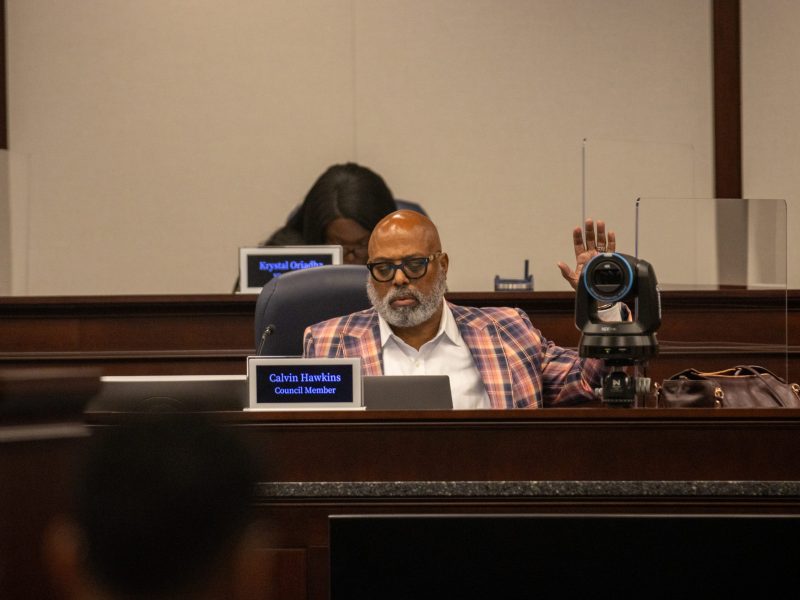The sentencing for Sean Urbanski, the former University of Maryland student found guilty of the 2017 first degree murder of 2nd Lt. Richard Collins on this university’s campus, has been pushed to June due to the coronavirus pandemic, according to online court records.
Urbanski, who was found guilty in December, was originally set to be sentenced on April 16. Now, the sentencing will take place June 5, according to online court records. Prosecutors are seeking life in prison for Urbanski, without the possibility of parole.
Court proceedings have been halted across the state and nationwide as a result of limitations on gatherings prompted by the rapid and dangerous spread of COVID-19.
[Read more: A killing on campus: Following the trial for ex-UMD student accused of stabbing Richard Collins]
This setback comes for a case that was already riddled with delays. The trial itself was pushed back several times as prosecutors and defense attorneys grappled with a large volume of digital evidence, and as the state’s attorney’s office in charge of the prosecution saw turnover brought on by the 2018 election.
Urbanski’s case played out in dramatic fashion in the Prince George’s County courthouse this December, after the judge decided to throw out the hate crime charge against him.
Prosecutors alleged that Urbanski, who is white, murdered Collins — a black Bowie State University student — because of his race, citing racist memes they obtained from his cell phone, several of which contained the n-word. But Prince George’s County Circuit Court Judge Lawrence Hill ultimately determined — while considering a motion from Urbanski’s defense attorneys — that the prosecution hadn’t provided enough evidence that Urbanski fatally stabbed Collins because he was black. The jury didn’t consider that charge.
[Read more: “Only the beginning”: Richard Collins’ family and friends are working to cement his legacy]
On the night of the killing, Urbanski had been out drinking in College Park, and his attorneys argued that his level of intoxication made it impossible for him to premeditate his actions, or for his actions to be racially motivated.
Late that night, while Collins was waiting at a campus bus stop with two others, Urbanski approached him, shouting nonsensically, and wielding an unfolded pocket knife. That his knife was prepared before he approached Collins became a key element of his first degree murder conviction. Prosecutors said it proved he premeditated the killing.
Collins briefly confronted Urbanski, telling him no, before Urbanski stabbed him in the chest, killing him.
In the wake of the ruling, Maryland’s General Assembly passed a law, named after Collins, that would alter the definition of a hate crime in the state, to include crimes where hate was not the sole motivator. The law was passed amid a flurry of bills as the assembly prepared to shutter weeks in advance due to coronavirus concerns.



